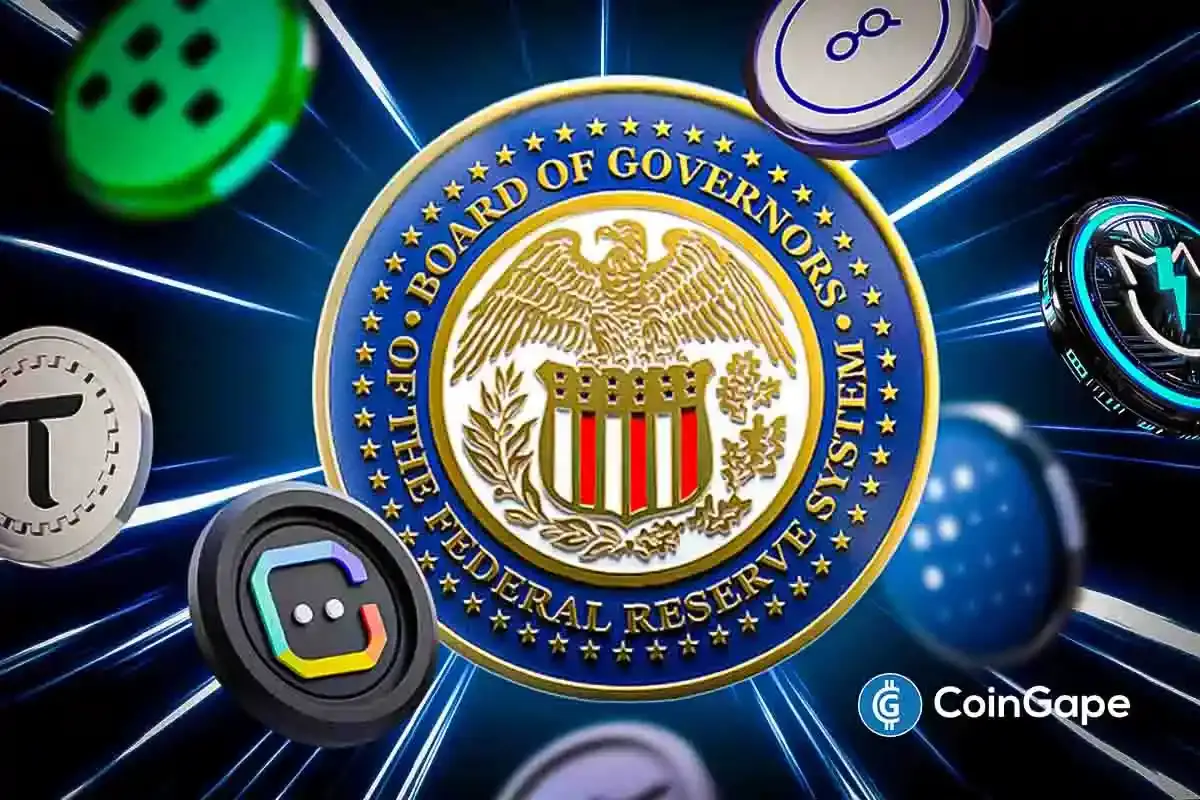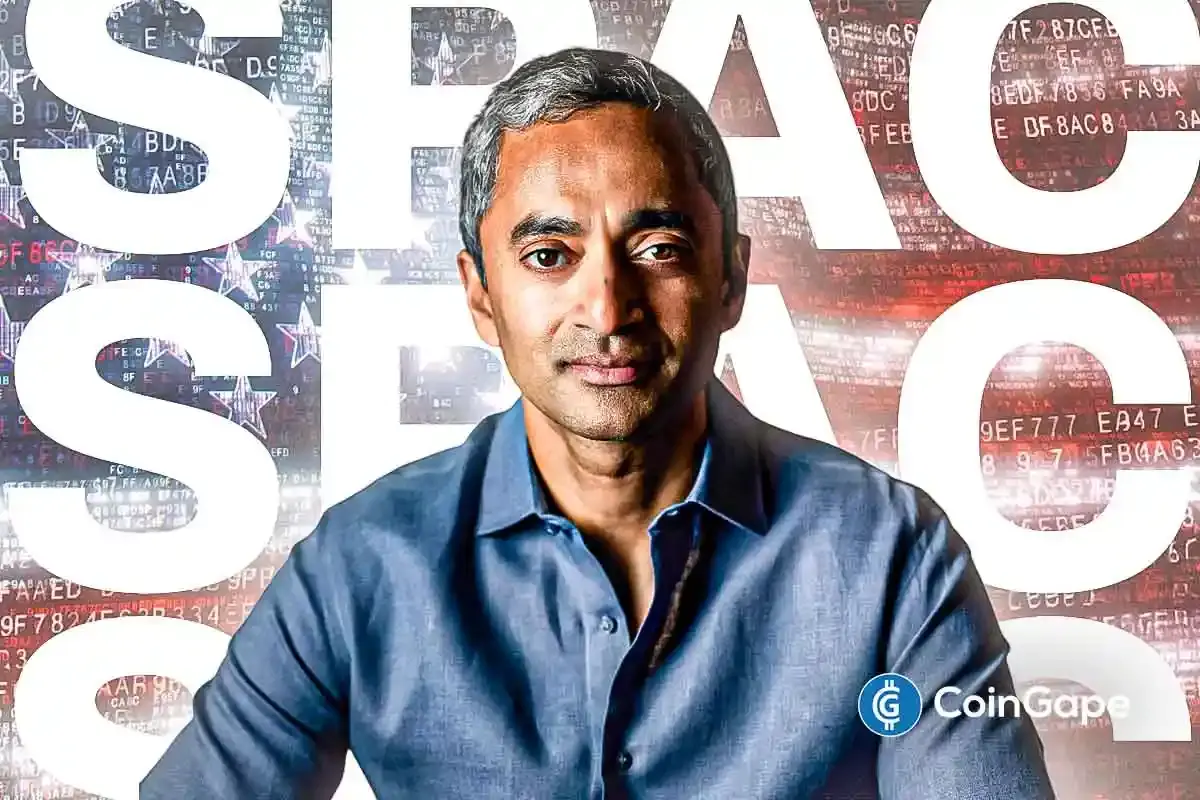AI News: Microsoft Reached $3T Valuation on Back of AI But Faces FTC Probe

Microsoft joined the elite club as the second company ever to surpass a $3 trillion valuation. This milestone, reported by the Telegraph, was fueled by the company’s strategic focus on artificial intelligence (AI), sparking an investor rally. Microsoft’s shares soared on Wednesday as the S&P 500 index also peaked to a record high.
Apple reached this valuation in June 2023. What is interesting is that these tech giants with soaring valuations are investing in integrating artificial intelligence into their services.
Microsoft’s investment into OpenAI
In 2019, Microsoft made a $1 billion investment in OpenAI. In January 2023, the partnership deepened with a joint statement announcing a multi-year, multi-billion-dollar investment to expedite AI advancements. This collaboration has elevated Microsoft’s total investment in OpenAI to $13 billion, boosting OpenAI’s valuation to around $29 billion.
Microsoft’s AI acceleration also extends to transforming Azure into a global AI supercomputer, aiming to democratize the technology. As OpenAI’s sole cloud provider, Azure underpins all OpenAI operations, spanning research, product development, and API services.
Satya Nadella, Chairman and CEO of Microsoft, said earlier last year, “In this next phase of our partnership, developers and organizations across industries will have access to the best AI infrastructure, models, and toolchain with Azure to build and run their applications.”
In an effort to challenge Google and other giants, Microsoft integrated an AI chatbot into Bing last February.
FTC probe against AI-driven tech giants
The link between Microsoft’s growth and its investments in artificial intelligence is clear. However, the company faces potential hurdles. Yahoo Finance highlights an ongoing Federal Trade Commission (FTC) probe into Big Tech’s AI investments.
The inquiry, led by FTC Chair Lina Khan, scrutinizes partnerships and investments by major players like Microsoft, Amazon, and Alphabet’s Google in AI developers, including OpenAI and Anthropic.
The FTC would reportedly investigate if these tech behemoths monopolize the generative AI market, potentially stifling competition and innovation in the emerging field. This investigation could pose significant challenges to Microsoft’s artificial intelligence-driven growth trajectory.
Also Read: AI News: Tech Giants Partner in Major Research
- Michael Saylor Says Quantum Risk To Bitcoin Is a Decade Away, Describes it as ‘FUD’
- White House Proposes Stablecoin Rewards Compromise as CLARITY Act Odds Drop to 44%
- Trump’s Board Of Peace Eyes Dollar-Backed Stablecoin For Gaza Rebuild
- Trump’s World Liberty Financial Flags ‘Coordinated Attack’ as USD1 Stablecoin Briefly Depegs
- Trump Tariffs: U.S. Threatens Higher Tariffs After Supreme Court Ruling, BTC Price Falls
- COIN Stock Risks Crashing to $100 as Odds of US Striking Iran Jump
- MSTR Stock Price Predictions As Michael Saylor’s Strategy Makes 100th BTC Purchase
- Top 3 Meme Coins Price Prediction As BTC Crashes Below $67k
- Top 4 Reasons Why Bitcoin Price Will Crash to $60k This Week
- COIN Stock Price Prediction: Will Coinbase Crash or Rally in Feb 2026?
- Shiba Inu Price Feb 2026: Will SHIB Rise Soon?


















